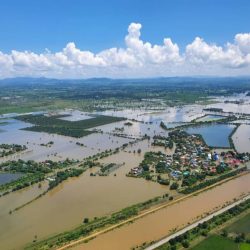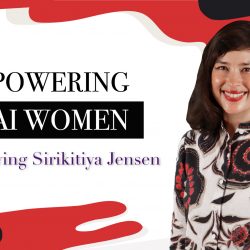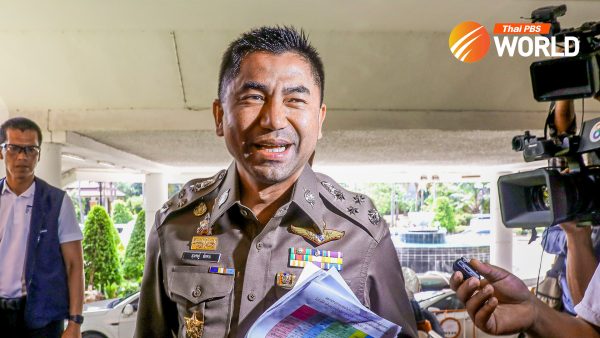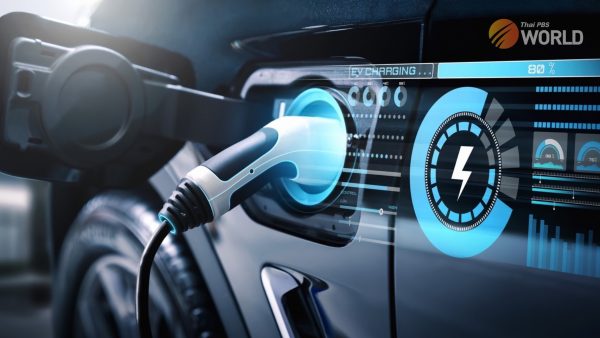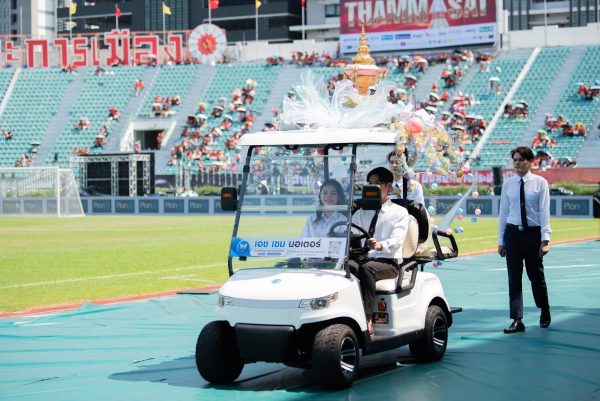Cooperation is the driving force in surviving the pandemic
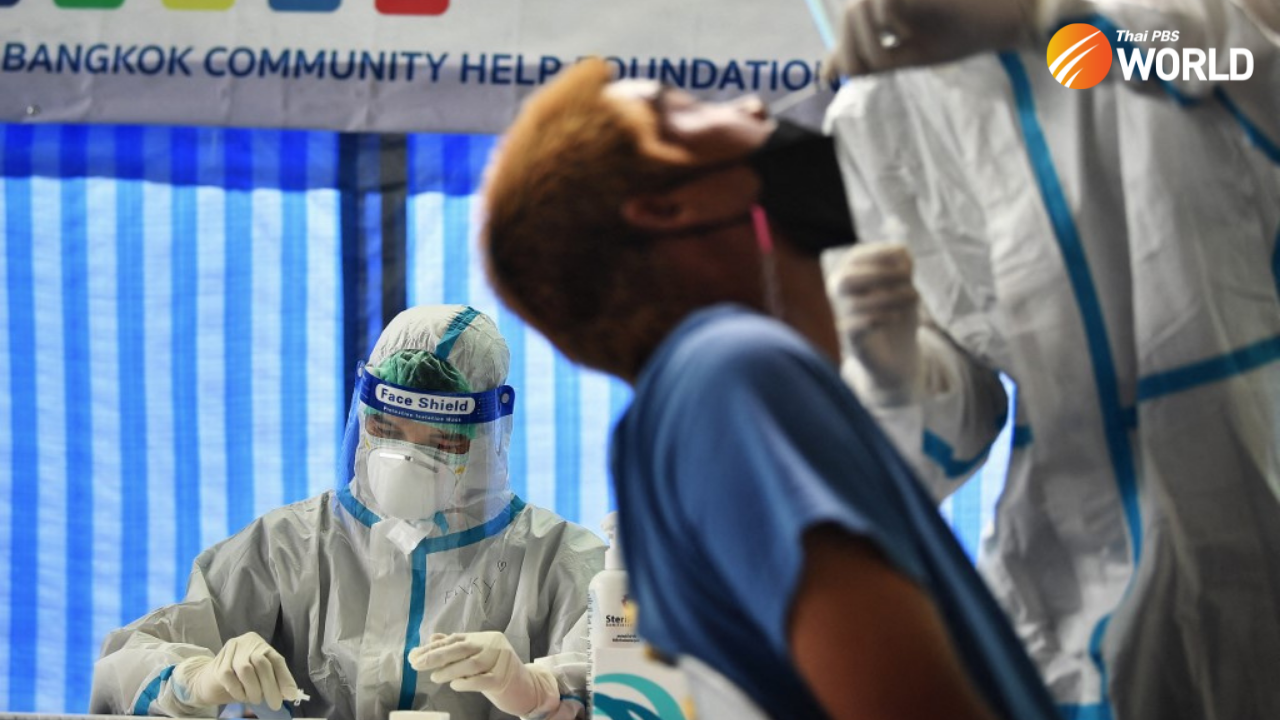
Volunteers have been playing a crucial role in keeping Thailand’s health system working and have helped save lives, admitted Assistant Secretary-General of National Health Security Office, Dr. Yupadee Sirisinsuk.
She said that, when the COVID-19 outbreak was at its peak in July this year, the health service system in Thailand was close to collapse. The authorities decided they had to introduce a new model of care, home and community isolation (HI-CI). The volunteers, who had been helping vulnerable people long before that, also helped to close the gaps in the system.
“The data shows that some patients were having to wait several days for treatment. As we saw in the news, some died in their homes because no one followed up on their condition. Volunteers filled this gap. They helped to monitor the symptoms, provide emotional support and even supply oxygen tanks for severe symptom patients.”
Dr. Yupadee also recognized that there might be some negative feelings toward the system, when not everyone could be admitted to medical facilities. She believes the situation got better after the public began to understand that it is not that the system is discriminating against anyone, but that it was working at full capacity. They simply could not take any more patients.
Besides providing those infected with treatment, equipment and food, Dr. Yupadee said medical volunteers also help patients who are in distress, because they are at home instead of in hospital. A phone call from the doctor often helps people feel better.
She believes that, although this is a difficult time for everyone, the cooperation among different parts of society, including volunteers and government units, is in the best interests of everyone.
Dr. Yupadee said another group of volunteers who should be recognized are the community leaders, who turn their own homes into isolation facilities.
“Another interesting part is, as I said before, the case of people who live in a densely populated community and have nowhere to go. The heads of these communities tried to set up isolation facilities in those areas. At that point, the volunteer network, such as health volunteers in Bangkok, played an important role in taking care of these cases.”
by Kiratikorn Naksompop Blauw

